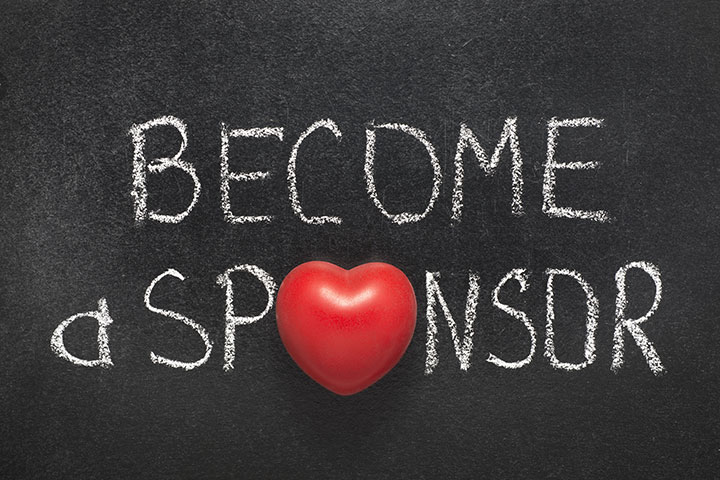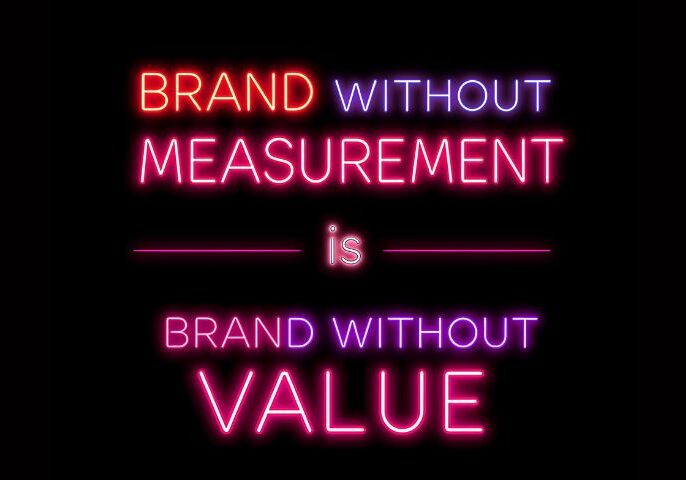You may have read my blog on Corporate Social Responsibility (CSR) marketing and thought, “I need to do that.” But what comes next? Before you commit to sponsoring an event or donating to a cause, it is worth pausing to check that the opportunity is right for your brand, your customers, and your budget.
Sponsorship should not be just writing a cheque. It’s not uncommon for businesses to view sponsorship as merely a transactional marketing opportunity: money exchanged for a logo on a flyer. That approach rarely delivers value. True sponsorship is about building a meaningful partnership where values align, brands strengthen each other, and impact is offered on both sides.
When you approach sponsorship in this way, it becomes an extension of your brand strategy. It is a way to tell stories you are proud of, build long-term relationships, and create change that lasts beyond a single event.
Here are the key questions to ask before putting your hand in your pocket.
Who is the target audience?
Just as you consider your audience for any marketing campaign, you need to think about who the event or organisation is reaching. Do their supporters overlap with your existing or potential customer base?
This is not only about numbers, but about values. Are you connecting with a community that will genuinely appreciate your support, or does the match feel forced? The strongest sponsorships create natural alignment between your audience and theirs, making your involvement feel authentic rather than opportunistic.
Where and when is the activity happening?
Location and timing matter, but not just for logistics. A local partnership shows that you care about your community. A regional or national one can show ambition and scale.
The key is whether the geography and timing support your long-term brand goals. Suppose you cannot physically be present at an event. Can you still engage meaningfully online through livestreams or social content? Sponsorship is most effective when it allows you to show up and build connections, not simply place your name on a banner.
What is the cost in money and time?
Amazing causes are everywhere, but your investment needs to be sustainable. Sponsorship is not a “spare cash” exercise. It is a strategic choice, and like any investment, it should be planned, budgeted, and resourced.
Look carefully at packages, but also at the time commitment. Will your team need to attend events, create joint content, or provide in-kind services? Those contributions can be just as valuable as financial support, but they need to be factored in.
A good partnership should feel proportionate and sustainable for both sides.
Who else is sponsoring?
When you sponsor, you are aligning your brand with others. That can be a powerful opportunity to build networks and credibility – or a risk if those companies do not share your values.
Ask who else is on board. Look for complementary partners that add to the credibility of the cause and your involvement. If you spot potential conflicts, it is reasonable to ask for exclusivity within your sector.
Think of this less as protecting your logo and more as safeguarding the integrity of the partnership.
What marketing will you actually get?
Visibility matters, but it should not be the only yardstick. The real question is whether the cause’s marketing helps you tell a story that fits your brand.
Ask:
- Does the organisation produce professional, consistent content?
- Will there be opportunities for joint storytelling — interviews, videos, or case studies?
- Will there be digital visibility such as backlinks, social mentions, or media features?
Marketing is not just about exposure. It is about reinforcing your values and showing your audience that you invest in the right things.
How well is the event or campaign organised?
A poorly run event or campaign can harm everyone involved. Organisation is not just a logistical detail; it is a reflection of trust. When you sponsor, you are putting your reputation in the hands of another organisation.
Do they have a track record of delivery? Do they communicate clearly? Are they prepared to show you how your support will be used? If not, that is a red flag.
A good partnership should feel professional and collaborative. You should be able to contribute resources, expertise, or advice to help ensure success.
What benefits will you receive?
Do not reduce benefits to “logo placement.” Think bigger. A strong sponsorship can deliver:
- Opportunities to connect with new audiences who share your values
- Partnerships with trustees, other sponsors, and community leaders
- Stories and content you can authentically share with your customers and staff
- A stronger internal culture, where employees are proud of who you support
Benefits are not about quick wins. They are about building long-term brand equity.
What is the expected reach?
Numbers still matter, but reach is not just about headcount. It is about engagement. Ten thousand passive impressions may be less valuable than one thousand people who care deeply about the cause and notice your role in it.
Ask not only how many people will attend or engage, but also how they will experience your involvement. Will they see you as a name on a list, or as an active, valued partner in the cause?
Final thoughts
CSR, which includes sponsorship, can be a powerful tool when rolled out wisely. They connect your business to the community, align your brand with causes that matter, and deliver value that goes beyond short-term marketing.
The golden rule is simple: treat sponsorship as a partnership.
When you do your research and choose the right fit, you will strengthen your reputation, create lasting impact, and build stories that matter.
NAMA has extensive experience advising companies of all sizes on sponsorship and donations. If you are considering working with a charitable cause or want to showcase the impact you have already made, drop us a message.






